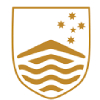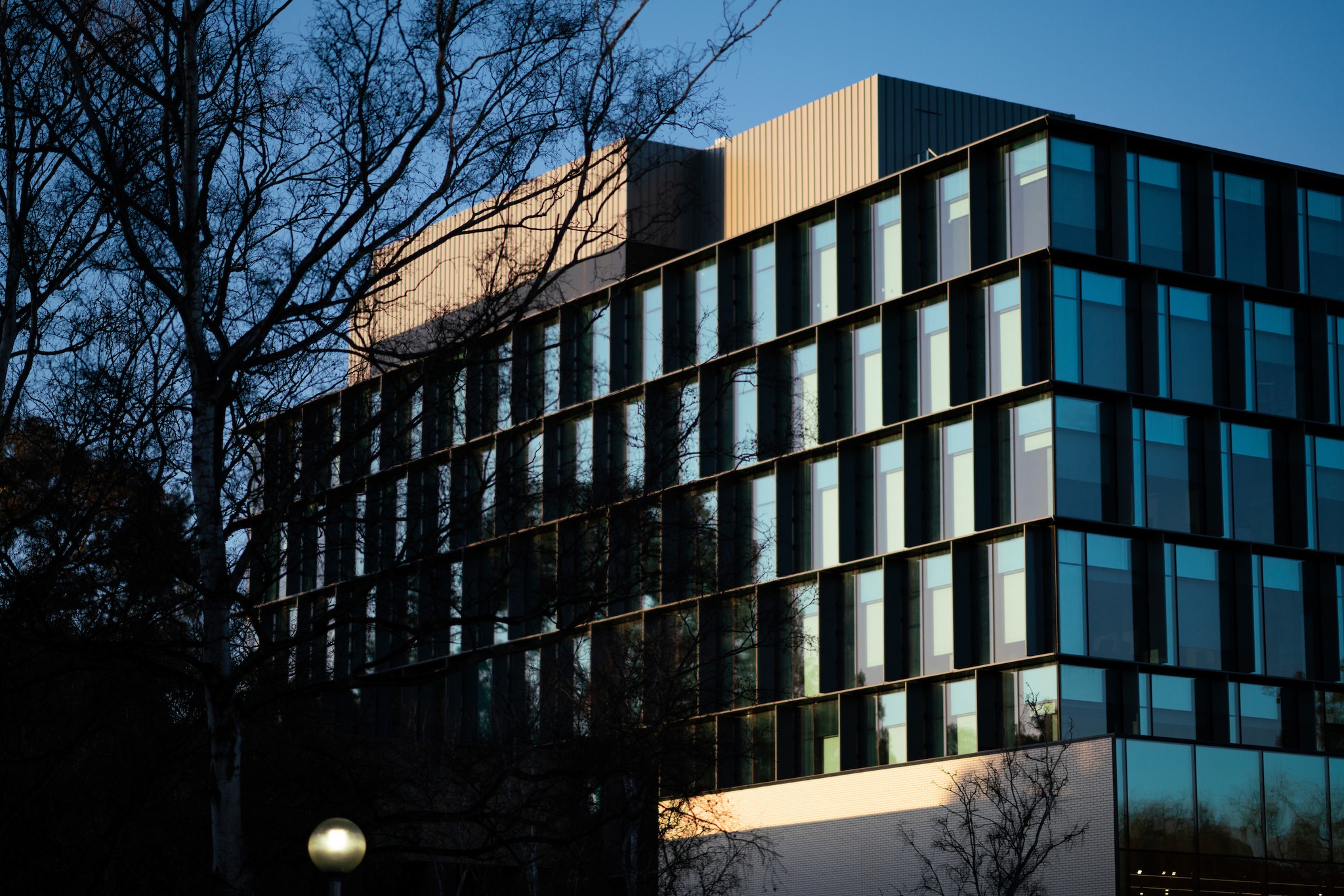Canberra ACT 2600, Australia
Career Counselling

The Australian National University (ANU) is a research university located in the Australian capital of Canberra. The highest ranked university in the Southern Hemisphere, it is home to over 22,000 students and 4,000 staff members.
ANU has three campuses located across Australia. The main campus is situated in the Canberra suburb of Acton; it houses academic units, libraries, sports facilities, and green spaces, with over 10,000 trees being maintained by the University at this campus. The large and beautiful Kioloa Coastal Campus is located in New Sout...
| Establishment year | 1946 |
| Total Students | 22,000+ |
| International Students | N/A |
| QS World University Rankings 2024 | =34 |
| Campus Size | N/A |
| Total Number of Campuses | 3 Campuses + 2 Observatories |
| University Website | https://www.anu.edu.au/ |
| No. of Schools and Divisions | 7 Colleges (Arts & Social Sciences, Asia & the Pacific, Business & Economics, Engineering, Computing and Cybernetics, Health & Medicine, Law, Science) |
| Nobel Prize Winner Alumni | 6 (faculty members and alumni) |
| No. of Education Programs | 100 (undergraduate), 191 (postgraduate), 52 (research) |
| Student to Faculty ratio | 5.5:1 (ratio of students to total staff members) |
The Australian National University offers undergraduate and postgraduate courses through 7 Colleges, which are further subdivided into schools and research centres.
Within the university, there are also the Gender Institute and the Global Institute for Women's Leadership.
Domestic applicants to undergraduate courses at ANU must satisfy three types of requirements:
Domestic postgraduate applicants have similar requirements to the above; there are substantially more course-specific criteria for these (e.g. resume / CV for many courses, a portfolio / interviews for others).
International applicants to both UG and PG courses at ANU must first check if they meet the minimum entry criteria, based on school or undergraduate marks or grades. The University maintains a table of the eligibility requirements for different countries. For all applicants from countries where English is not the first language, a certificate from a recent test of English proficiency will be required; for example, the IELTS (overall 6.5 with at least 6.0 in every band), TOEFL, or PTE.
The application process for international students for both undergraduate and postgraduate courses is similar. It consists of the following steps:
Domestic applicants to ANU follow a similar application procedure; two additional parts of the process are detailed checks and upload submissions for co-curricular and services requirements, and adjustment factors (based on academic excellence or financial need) that can increase the chances of the application being accepted.
Undergraduate domestic students at the Australian National University pay differential rates of fees based on whether they are Commonwealth supported or not. Commonwealth supported domestic students have the entire domestic tuition fee amount subsidised by the Government of Australia, and they only pay the student contribution amount, and a services and amenities fee. Domestic students who are not Commonwealth supported pay the full domestic tuition fee, which varies by course; it averages to between $29,410 and $41,150 per year depending on the College.
Most postgraduate domestic students at ANU are not Commonwealth supported; they have to pay the domestic tuition fee according to the band of their course; a calculator tool can be found on the relevant University web page. The highest domestic tuition fee amount is $41,150 per year.
Tuition fees for international students - both undergraduates and postgraduates - vary by course, and candidates should search for their program and course of choice using the online tool provided by the University. Indicative tuition fees for international students for a few undergraduate courses are: $46,680 (Bachelor of Accounting, annual), $41,030 (Bachelor of Art History and Curatorship, annual), $49,330 (Bachelor of Engineering Honours degree, annual).
International postgraduate students pay tuition fees that are between $40,000 and $50,000 for most courses. For example, the Master of Contemporary Art Practices has an annual tuition fee of $43,790, the MBA degree charges $46,680, and the Master of Electrical Engineering degree has an annual tuition fee of $49,330.
Both UG and PG students need to budget for living costs over and above tuition and student support fees. The University recommends that students set aside $31,200 per year for accommodation, food, utilities, travel, and personal expenses.

The Australian National University has three campuses that host the student community and help support academic and research activity. The main Acton campus is located in a suburb of the Australian capital city of Canberra. It is equipped with every academic support facility: ultramodern lecture hall complexes, libraries, laboratories, and Halls of Residence, and with social conveniences: cafes, bars, and shopping centres. It is a significantly green campus, with ANU maintaining more than 10,000 trees at Acton. The Kioloa Coastal Campus is situated in New South Wales, and occupies 860 acres between a national park and a beach. The North Australian Research Unit campus is a research facility located in the Northern Territory. ANU also operates two astronomical observatories: Mount Stromlo and Siding Spring, that have multiple active optical telescopes.
Living well by being physically active is an important part of student life at ANU. For example, gym facilities that can be booked through ANU Sport start at $8 per week, and ANU Counselling runs the Get Up & Go walking program, which divides all applicants into pairs who go for walks together every week.
ANU Sport houses 32 Sports Clubs: from Aussie Rules Football to Competitive Dance to Basketball to Kung Fu to Quidditch, students can choose to level up their skills in a wide variety of sporting activities.

The ANU Sport Fitness Centre offers free gym induction classes, and world class cardio, strength and conditioning, and functional training facilities to all members - staff, students, and the public of Canberra. It has cafes and green spaces, and is a true recreation and health hub. Students and student groups can also book personal training sessions and reserve one of the many sports courts and halls for friendly or competitive games.
The members of the ANU Careers team work to ensure a successful transition for every student from academic life to work life. They work to provide offline and online resources and training to help students understand and complete the application, interview, and selection processes. It also helps fine tune resume and career planning skills, and organises training sessions, networking events, and seminars to this end. The ANU CareerHub online portal helps coordinate all application and allocation activities, both for part time internships and for full time job applications. The university also gives students access to InterviewPrep, the video interview software tool that helps enhance presence and in-person answers.
ANU helps offset the high cost of education at Australia’s highest ranked university by providing multiple scholarships to different types of students: some requiring academic achievement, and some mandating athletic excellence.
The flagship funding option at ANU is the Tuckwell Scholarship for exceptional undergraduates. It is awarded to 25 students annually, on the basis of their leadership skills, potential, and ability to make a positive contribution to their local communities and to Australia. Awardees are paid $24,700 per year towards their tuition and living costs, and are given a free ANU Sports Centre membership, and access to the exclusive Scholars House on campus.
The University maintains an online database of over 400 scholarships available to students; this searchable repository allows students to apply various filters (UG / PG, domestic / international, academic / athletic merit / illness / financial need / indigenous) and check how to apply for the scholarships that match their personal situation.
The flagship scholarship for international students is the ANU Chancellor’s International Scholarship, which is awarded to up to 200 winners every year and entails a reduction of 25% of the tuition fee for awardees based on academic merit. Applicants from India, Vietnam, Indonesia, other ASEAN countries, Europe, and the Americas can achieve a reduction of up to 50%, depending on the quality of their application.
